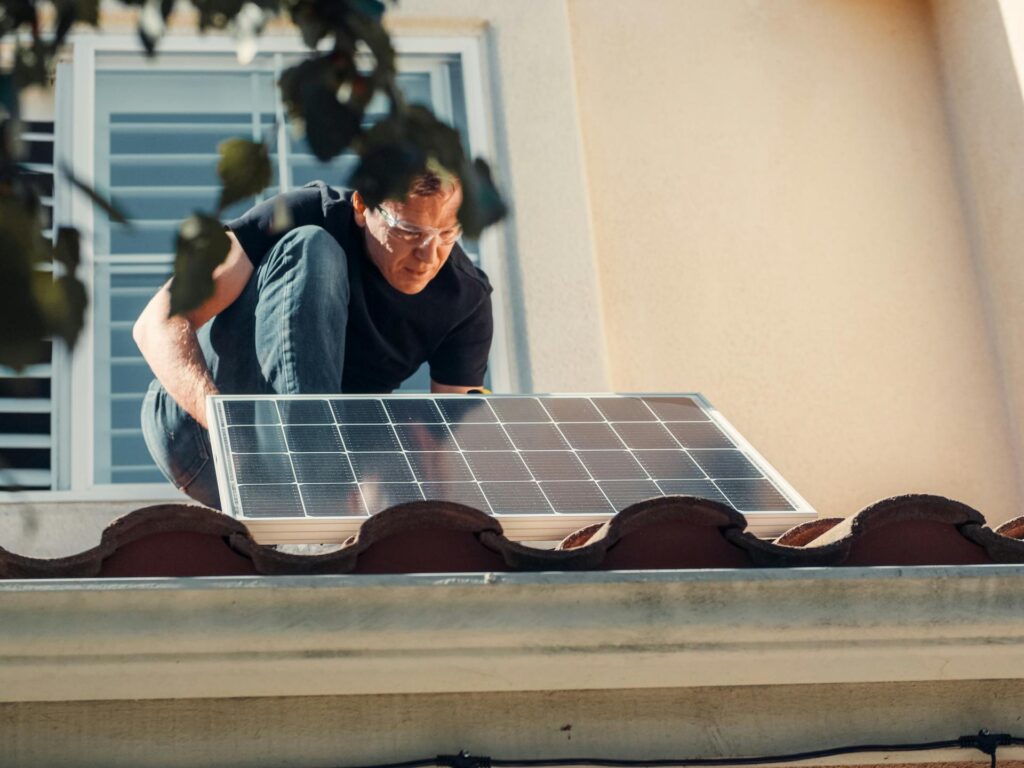How to Qualify for California’s Net Metering and Solar Incentives

California has long been a leader in renewable energy, with solar power playing a significant role in its sustainability goals. For homeowners and businesses considering solar energy, California offers net metering programs and a range of solar incentives. These programs make solar installations more accessible and financially attractive. Here’s what you need to know to qualify for California’s solar programs and start saving on your energy bills.
What Is Net Metering?
Net metering (NEM) allows solar panel owners to sell excess electricity back to the grid. This reduces your energy costs by offsetting your electricity usage when your solar system generates more energy than you consume. In California, the state’s Net Energy Metering 3.0 program introduces time-of-use (TOU) rates, encouraging users to generate energy when demand is high.
To qualify for net metering:
- Install a qualifying solar energy system: Your system must meet state standards and connect to the grid.
- Work with a certified solar provider: Partnering with reputable solar companies in California ensures your installation meets all requirements.
- Complete necessary applications: Submit your net metering application through your local utility provider.
California’s Solar Incentives
In addition to net metering, California offers various financial incentives to encourage solar adoption. Key programs include:
- California Solar Initiative (CSI): While direct rebates have been phased out for most customers, CSI supports specific markets like low-income families.
- Federal Investment Tax Credit (ITC): As of now, this federal program allows homeowners to deduct 30% of solar installation costs from their federal taxes.
- Local Utility Programs: Some utilities offer additional rebates or incentives for going solar. Learn more by comparing top solar utilities in the U.S..
Steps to Qualify for Solar Incentives
- Evaluate Your Property: Not every home is solar-ready. Roof condition, shading, and location all play a role.
- Compare Quotes: Get multiple quotes to ensure you’re working with the right provider. Here’s a guide on how to evaluate solar installation quotes in California for the best results.
- Apply for Incentives: Work with your solar provider to complete incentive and rebate applications.
Electricity Costs vs. Solar Savings
California’s high electricity rates make solar energy an appealing option. By generating your own electricity, you can significantly reduce utility bills. Learn more about the differences between electricity and solar energy and how going solar can save you money in the long run.
Why Now Is the Best Time to Go Solar
California continues to adapt its solar policies to meet climate goals, but changes like NEM 3.0 emphasize the importance of acting soon. By taking advantage of current incentives and partnering with a trusted provider, you can maximize your savings and contribute to a sustainable future.
Explore additional details about California’s solar incentives to understand how they can work for you.
Solar energy offers both financial and environmental benefits, making it a smart investment for California residents. With the right steps, you can qualify for net metering and take advantage of generous incentives, ensuring a bright future powered by the sun.